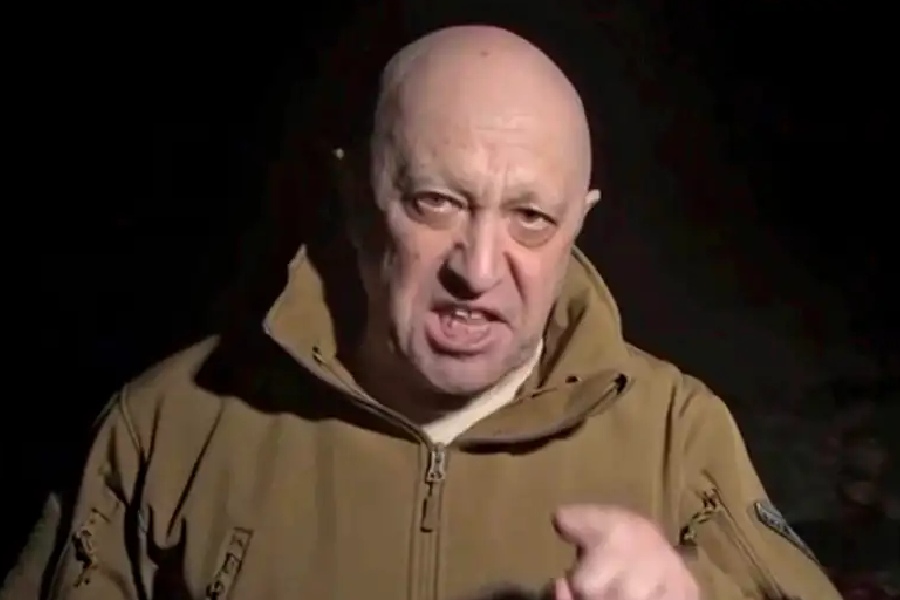The mercenary leader Yevgeny V. Prigozhin is in Russia, the leader of Belarus said on Thursday, adding to the questions swirling around Prigozhin’s fate nearly two weeks after he called off his stunning armed rebellion against Moscow’s military leadership.
In a rare interview session with reporters at Independence Palace, President Aleksandr G. Lukashenko of Belarus said that Prigozhin was in the Russian city of St Petersburg as of Thursday morning, in contrast with statements he made days after the mutiny when he said that the head of the Wagner paramilitary forces had arrived in Belarus. None of Lukashenko’s claims could be verified, and Prigozhin has not been seen in public since the rebellion nearly two weeks ago.
Prigozhin was “not on the territory of Belarus”, Lukashenko said, and nor were Wagner troops, who he said remained in their “permanent camps,” believed to be in the Luhansk region of eastern Ukraine.
The Kremlin refused to comment on Lukashenko’s claims, telling reporters on Thursday that it was unaware of Prigozhin’s whereabouts. “We don’t follow his movements. We have neither the ability nor the desire to do so,” said Dmitri S. Peskov.
Lukashenko also signalled that at least some of Wagner’s fighting force — which was instrumental in Russia’s capture of the Ukrainian city of Bakhmut this spring — could stay intact. He called the group Russia’s “most powerful unit”, although he said that “the main question of where Wagner will be deployed and what will it do — it doesn’t depend on me; it depends on the leadership of Russia”.
Five killed in Lviv
A Russian missile slammed into a residential building in Lviv in western Ukraine on Thursday, killing five people in a city that is far from the frontlines and home to thousands displaced by war.
The roof and top floor of the building were destroyed in what Lviv's mayor called the biggest attack of the war on civilian infrastructure in Lviv, 70 km from the border with EU member state Poland.
New York Times News Service











